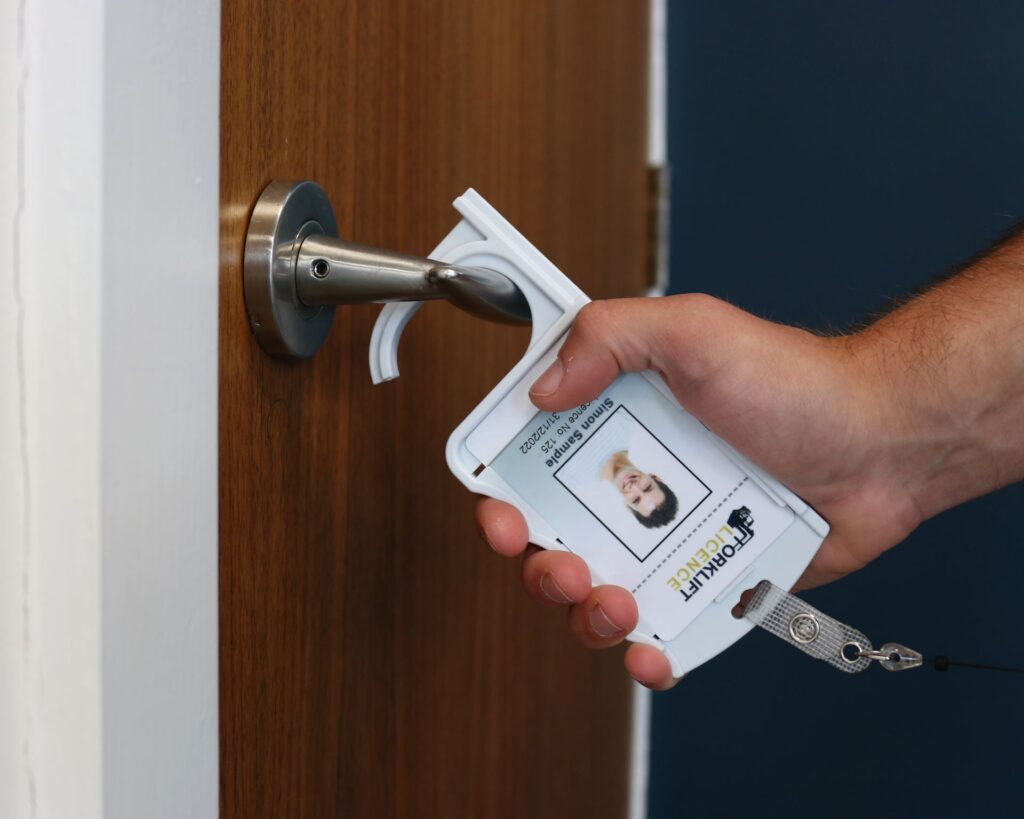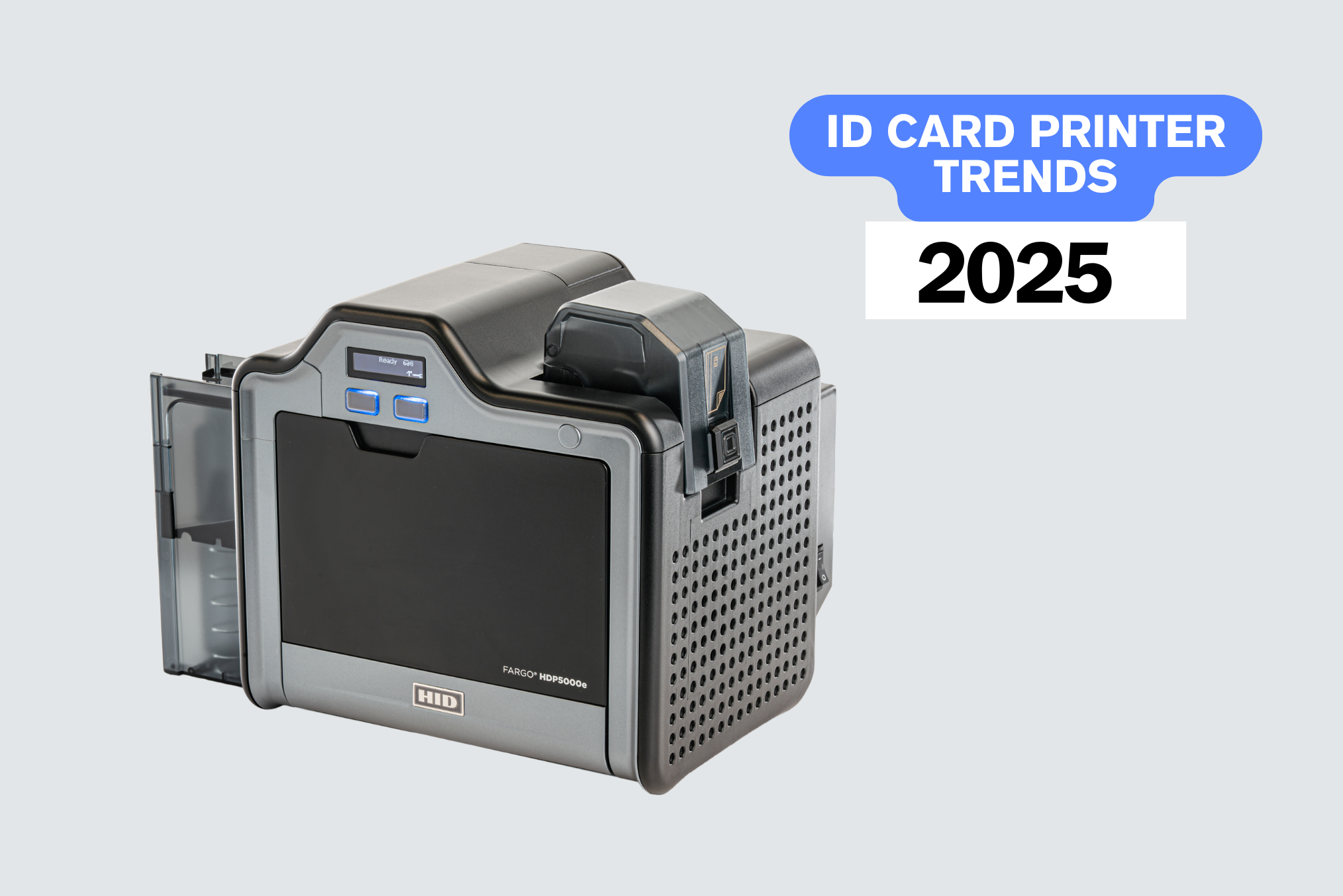The start of the pandemic saw organisations forced to completely overhaul their existing operating procedures.
One of the most notable changes businesses faced was the increase in remote working. As governments ordered offices and workplaces to shut down, office workers had no choice but to work from their own homes if they were to commence operations.
Initially, these measures were implemented on a temporary basis, while the future of the pandemic remained unclear. However, almost two years later, employers are rethinking their long-awaited return to pre-pandemic business models.
The Change in Strategic Priorities
After witnessing an increase in productivity, lower organisational costs and a boost in employee morale, some organisations will be choosing to keep these new measures, even when the option comes for staff to return to the workplace full time.
Others are opting for flexible, hybrid working patterns, requiring staff to work a few days in the office and the rest from home.
But remote working isn’t the only change we witnessed. No, the pandemic had a much broader economic impact, which was felt by all major economies.
We’re taking an in-depth look at how the pandemic may have inadvertently created the business of the future. Let’s begin.
This post will focus on:
- The digital transformation
- The clean, contactless workplace
- Stock shortages of global supply chains
- Increasing sustainability
COVID-19 and the Business of the Future
The digital transformation
Digital products and services are constantly emerging, year after year. However, the COVID-19 pandemic may have accelerated the highly anticipated digital transformation.
This is largely due to organisations opting for digital, cloud-based solutions to support their new ways of working.
Here’s an example
As employees adopt hybrid working patterns, existing physical security systems are becoming less effective in securing office buildings.
An unknown individual could claim that they have been working remotely and have lost their access card. As a common occurrence, a receptionist may believe the individual and allow them to enter the building. This could put an entire organisation at risk.
Therefore, more businesses are switching to a digital, cloud-based smartphone door access control system, allowing staff to use their mobile devices to securely enter the building.

As staff no longer frequent the building every day, they are likely to lose access cards or forget them at home. However, in today’s digital world, employees are much less likely to forget their mobile devices. Therefore, this digital shift provides businesses with an effective door entry method that improves security, as well as user convenience. This is just one reason why mobile access is one of the top access control trends for 2022.
Additionally, companies were compelled to use digital solutions to support their remote work during the global pandemic. This had a considerable impact, as business leaders began to realise that new technologies and digital processes could efficiently streamline procedures – and had been doing so.
Consequently, the trust of the digital was born.
The clean, contactless workplace
The global pandemic opened up everyone’s eyes to the germs surrounding us every day.
As a result, several companies, including ours, implemented air purifiers such as the Atmofizer UV air purifier in the office.
Implementing such air purifiers helps protect staff when they’re working on-site by keeping germs and viruses at bay.

We also saw an increase in antimicrobial door opening card holders to further reduce the spreading of germs.
But it didn’t stop there. Companies implemented various other safety methods to reduce human contact and lower the spread of germs.
As business leaders become more aware of germs and viruses, we anticipate air purifiers and other safety measures to stay. The business of the future is all about ensuring a clean, germ-free environment, during the pandemic and beyond.
Stock shortages of global supply chains
The global semiconductor chip shortage affected several businesses around the globe. Most industries were struck, some in multiple ways.
To protect themselves from stock shortages, some organisations brought operations in-house. Unwilling to risk shipment delays, companies opted to print their own photo ID cards and purchased professional ID card printers.

Furthermore, many companies were left struggling without access control cards, which they required to enter their offices and workplaces. Unable to get a hold of their regular cards, several forward-thinking organisations again opted for digital and mobile alternatives, allowing them to access the same offices and workplaces from their humble mobile devices. This way, they didn’t have to rely on external suppliers and were not at risk of stock shortages.
In instances such as the above, global stock shortages clearly encouraged employers to favour digital alternatives, contributing to the digital transformation.
Increasing sustainability
Companies feel more encouraged to create a healthier world; in all aspects of the word. Not only do organisations want their staff to be healthy, but they also want to play their part in protecting the planet. This is partly done by organisations using fewer products that induce climate change and opting for eco friendly products instead.
Additionally, business leaders look to strengthen customer relationships and increase business value. Some approach this by notifying customers of the sustainability measures they are implementing, which helps consumers view them favourably against their competitors.
As sustainability becomes even more prominent for organisations, future businesses will drive environmentally friendly operations to play their part in protecting the planet.
Let’s Recap
Although the initial corporate response to the changes caused by the pandemic was one of frustration and uncertainty, business leaders have now seen first-hand how these new measures can streamline operations.
The business of the future favours digital, streamlined processes and exudes efficiency in all aspects, from employee convenience to daily operations to its environmental and social impact. And the sudden changes caused by the pandemic conveniently promoted the above measures in the global economy.
Post-COVID business operations are likely here to stay
At least, in part. We anticipate companies to refrain from going back to their old ways and to instead stick with the most efficient aspects of their new business models.
To find out more about how you can protect your organisation and improve its physical security system, get in touch on 0800 988 2095.
Alternatively, learn more by reading our mobile access eBook.



